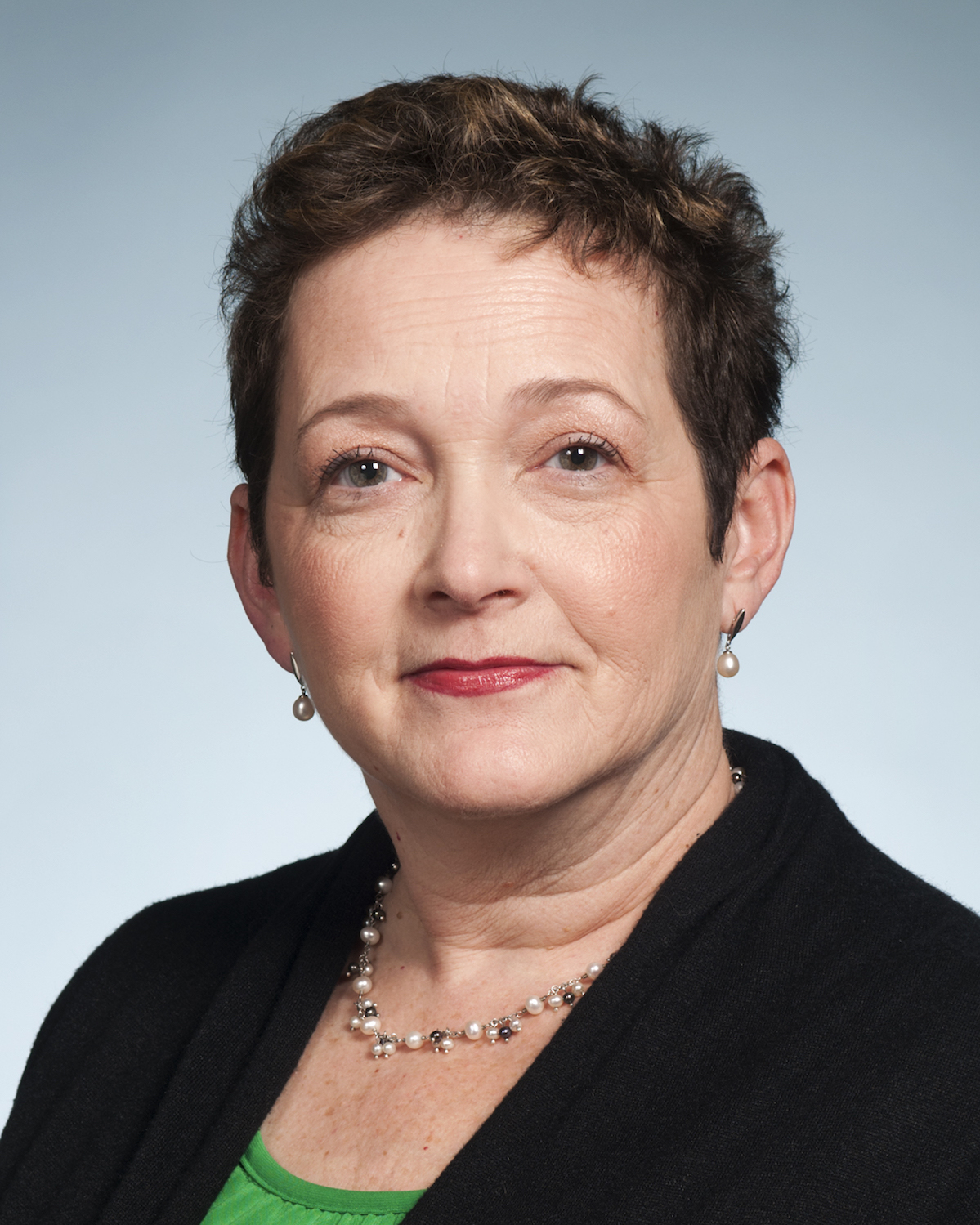Update on the Braden Scale
 At a recent National Pressure Ulcer Advisory Panel conference, the organization announced its name change to the National Pressure Injury Advisory Panel to reflect the nomenclature change from pressure ulcer to pressure injury. The conference organizers divided the participants into acute and post-acute groups in order to explore the differences in devising interventions to address the needs of individuals in both of these settings. Oftentimes, in order to address these needs of individuals, health care professionals use the Braden Scale for Predicting Pressure Score Risk (Braden Scale).
At a recent National Pressure Ulcer Advisory Panel conference, the organization announced its name change to the National Pressure Injury Advisory Panel to reflect the nomenclature change from pressure ulcer to pressure injury. The conference organizers divided the participants into acute and post-acute groups in order to explore the differences in devising interventions to address the needs of individuals in both of these settings. Oftentimes, in order to address these needs of individuals, health care professionals use the Braden Scale for Predicting Pressure Score Risk (Braden Scale).
Although health care professionals may utilize the Braden scale in practice, one of the most common issues that increases the exposure of long-term care facilities to regulatory and malpractice requirements is the use or misuse of this scale. Of note, the regulations do not require that the Braden Scale be used, but that an appropriate risk assessment be used that provides value to the organization. If the Braden Scale does not capture the elements in a particular skilled nursing facility, it is important to find another risk assessment scale that will work. Notably, however, if use of the Braden Scale continues, it is important to ensure that the staff understands each of the six components and has the facility's support in using nursing judgment in determining the individual's risk. This includes considering factors beyond the four-corners of the scale such as the actual presence of wounds, a history of wounds, the use of steroids and chemotherapy and factors involved in end of life care.
Finally, in order to improve the accuracy of use of the Braden Scale, nurses should consider the answers to the following questions posed in the absence of the nurse:
- Will the resident turn independently without nursing intervention?
- Will the person eat without being prompted?
- Will the individual use the bathroom when needed?
The answers to these questions in this context may actually provide a far more accurate assessment of pressure ulcer risk than otherwise calculated.
Ilene Warner-Maron, PhD, RN-BC, CWCN, CALA, NHA, FCPP, has been practicing nursing for 33 years, specializing in the care of geriatric patients. Dr. Warner-Maron is the president of the Institute for Continuing Education and Research, providing educational programs for individuals seeking licensure in nursing home administration.










